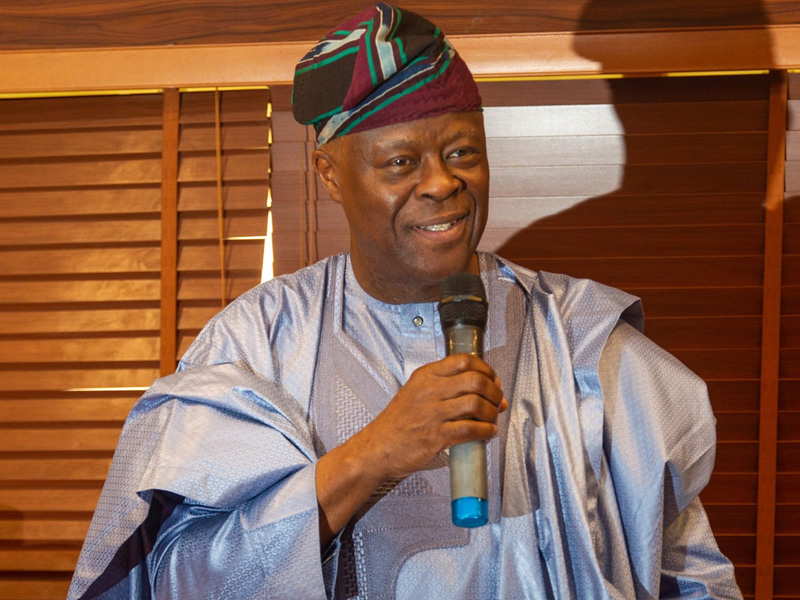
Federal Government has disbursed up to N330 billion in direct cash transfers to poor and vulnerable households across the country as part of its revamped social protection programme, the Minister of Finance and Coordinating Minister of the Economy, Wale Edun, announced yesterday.
The programme, which forms part of the administration’s economic response to subsidy removal and currency reforms, is aimed at cushioning the impact of rising living costs on low-income Nigerians.
Addressing a press conference in Abuja, Edun said the government had resumed full implementation of the national social safety net programme, which had faced delays earlier this year due to a required integration of biometric data through the National Identity Number (NIN).
He confirmed that 8.5 million households, out of a targeted 15 million, had so far received at least one tranche of the N25,000 monthly payment, while some had received up to three tranches. Each household is expected to receive three payments in total.
According to him, the initiative now stands as a foundational pillar for a long-term, modern social protection system, adding, “Nigeria now has the basis for a modern social protection system. That was the promise of Mr President. That is what he is now putting in place.”
The transfer programme, partially funded by an $800 million World Bank loan, was originally structured to provide N5,000 monthly over six months. However, the Tinubu administration raised the payout to N25,000 over three months following widespread economic hardship triggered by the removal of fuel subsidies and a sharp currency devaluation. These reforms, though hailed as necessary for macroeconomic stability, have disproportionately affected low-income Nigerians.
Funmi Olotu, who heads the National Social Safety Net Coordinating Office (NASSCO), said the shift to digital disbursements tied to NIN verification had slowed the payment pace, but was critical for ensuring transparency and eliminating political interference.